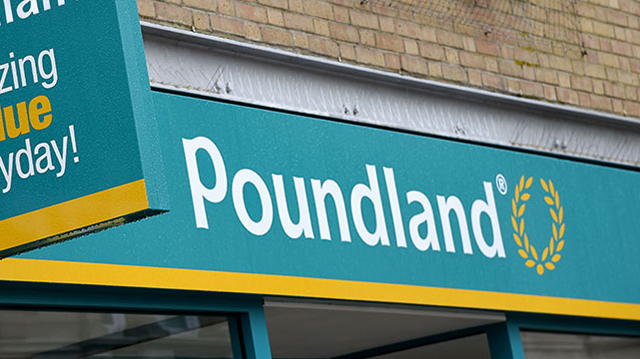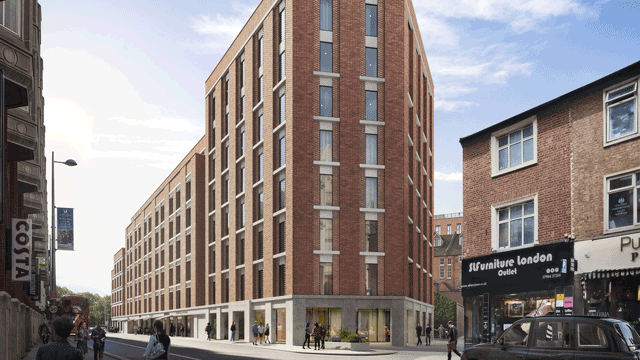The number of major property leaders planning to increase development activity in 2019 has dropped by 34% in the face of short-term Brexit fears.
The British Property Federation and Grovesnor Britain & Ireland, which polled the UK’s largest investors, owners, developers and advisers, found that 41% of firms aimed to increase development activity during this year. This compares with 62% in 2018.
The survey showed 91% of its members believed leaving the European Union would be worse for Britain’s economy over the next 12 months.
On the other hand, almost 60% believed it would either be better (41%) or make no difference (16%) to Britain’s economy over the next 10 to 20 years.
Confidence in UK real estate’s performance over the next 12 months has also fallen, with only 24% saying they feel confident about 2019.
This compares with last year’s results, when 48% felt confident about the industry’s performance in 2018.
However, confidence in the longer term has improved. Last year, 48% felt confident in the industry’s performance over the next five years, but this has since increased to 55%.
The industrial sector is expected to perform best in terms of financial return during 2019.
The majority of respondents did not believe public trust in the UK’s planning system (85%) or real estate industry (75%) is “strong”.
And 47% of respondents felt the sector is not changing quickly enough to increase social mobility by being more inclusive or diverse.
A clear warning
Melanie Leech, chief executive of the BPF, said: “The real estate industry underpins UK productivity and economic and social wellbeing by delivering the physical fabric where we all live, work and relax, and so these results should be taken seriously by politicians.
”They send a clear warning that development activity is at risk, and this will undermine the country’s ability to deliver the high-quality homes, offices and leisure spaces that inspire innovation and regeneration to ensure our town and city centres can thrive.
”Confidence over the long-term in UK real estate remains strong, but the government must work in partnership with the real estate industry to overcome feelings of mistrust in development among the wider general public if we are to achieve our shared goals of ensuring successful, sustainable communities.”
Craig McWilliam, chief executive of Grosvenor Britain & Ireland, added: “The signals from our survey point to a challenging year ahead for the property sector. Macro-economic worries are impacting performance expectations, and with it our industry’s ability to deliver much needed new jobs, homes and better places.
“While business strategy is being reviewed it appears we must also seek ways to recast our contract with the public and civic leaders. Much of the property industry’s ability to operate is founded in the public’s consent for development activity. If industry leaders think we, and the system that defines our work, are distrusted then we must work to rectify this.
“It is also true to say that the benefits of new places are rarely associated with the actions of developers. So we must also better demonstrate and explain our value to society.
“With public leaders, I think we have an enormous, positive opportunity to transform the debate together – and with it to reset the way great places are created and managed.”
To send feedback, e-mail pui-guan.man@egi.co.uk or tweet @PuiGuanM or @estatesgazette










